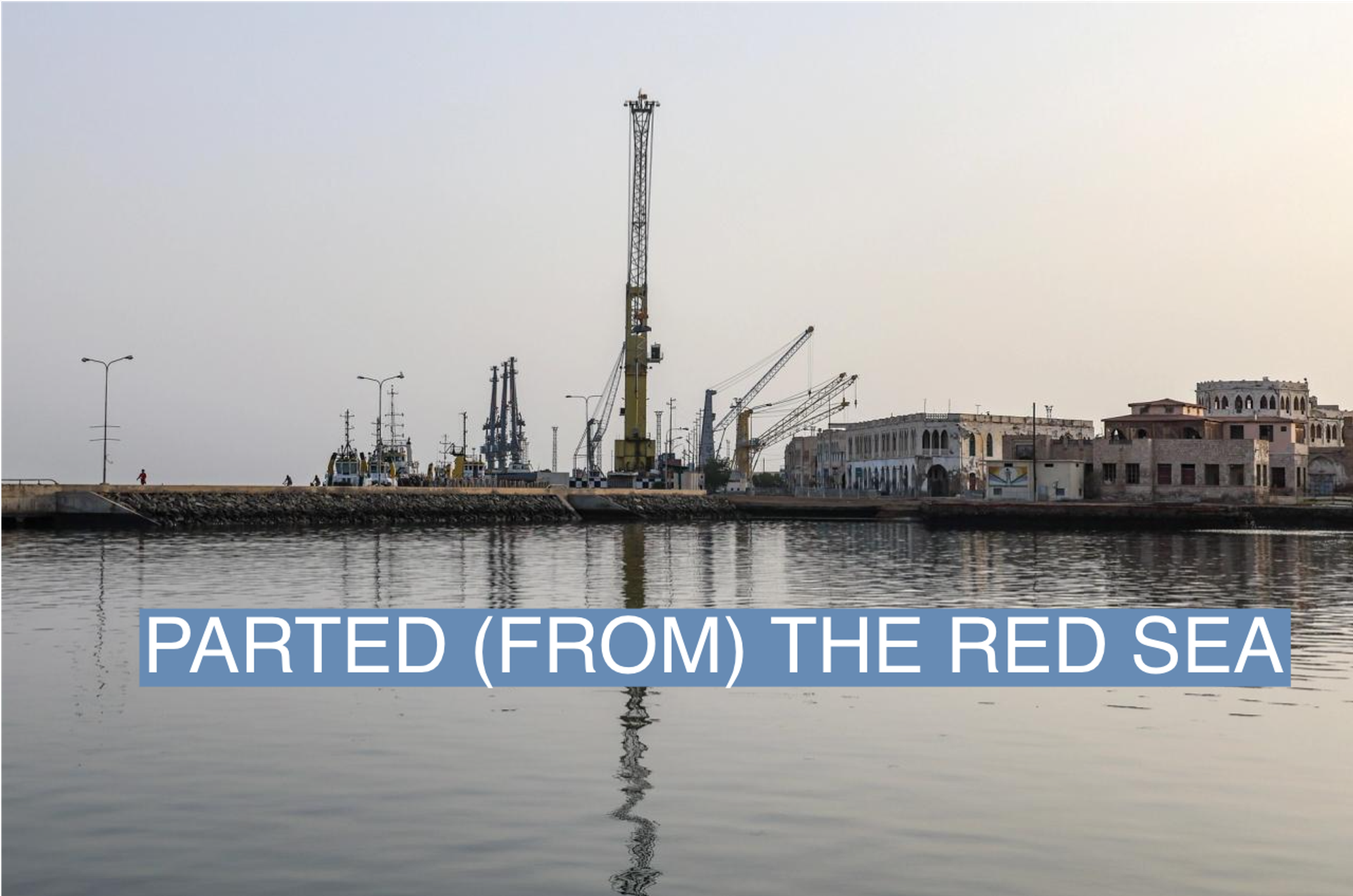The News
A call by Ethiopia’s prime minister for his country to regain access to the Red Sea after a 30-year hiatus has sparked fears that the issue could destabilize the Horn of Africa.
Ethiopia lost direct access to the sea in 1993 when Eritrea seceded from it after a war that lasted three decades. Eritrea’s port at Massawa (pictured) is the largest natural deepwater port on the Red Sea and handles goods coming from neighbors including Saudi Arabia and Yemen. Ethiopian Prime Minister Abiy Ahmed last week called for a discussion about reopening access, arguing that his request was based on “historical, geographical, ethnic and economic grounds.” He said the lack of access was “a potential source of future conflict.”
Eritrea called the surprise request “excessive,” adding that it had “perplexed all concerned observers.” Somalia, which also rejected Abiy’s request, said the issue is “not open for discussion.” There is now fear that such an aggressive demand from Ethiopia might escalate into a regional war.
Know More
Ethiopia has relied on the ports of Djibouti for various imports and exports since it lost control of the strategically important sea in 1993, becoming one of Africa’s largest landlocked nations.
An aid-dependent nation with an expanding economy, the inability to access the Red Sea and the accumulated cost of using the Djibouti port, along with recurring conflicts, have derailed Ethiopia’s ambitions to become a middle-income nation by 2025.
Samuel’s view
This is the first time the Ethiopian prime minister has addressed lawmakers on the issue of the Red Sea without mincing words.
“There is a great deal that links and unites the people of the Horn of Africa. There is no reason why — through diplomacy and consensus — its nations could not be united. The European Union has achieved this, even though it has been no easy task,” said Martin Plaut, Senior Research Fellow at the University of London.
The Ethiopian Ministry of Peace has recommended practical use of the Red Sea to cater for the country’s expanding population which the federal government estimates exceeds 150 million, though official estimates suggest it stands at 120 million.
Ethiopia suspended bilateral cooperation with Eritrea in 1998 when a land dispute escalated into a full-fledged war that killed thousands and displaced millions of people. The relationship was restored in 2018 by Abiy, which earned him a Nobel Peace Prize.
The prime minister has proposed resumption of bilateral trade between the neighboring countries and extending the benefit of the Ethiopian renaissance dam electrical project with Eritrea and pursuing an open border between the nations.
Both nations fought against the forces of the Tigray People’s Liberation Front (TPLF) during the two-year war which ended last November. However, with the signing of the peace agreement between the TPLF and the Ethiopian government, the relationship between Asmara and Addis Ababa has been in the downturn.
Room for Disagreement
Abdirashid Hashi, a former Somali government minister turned analyst believes Abiy’s words were provocative and threaten Somalia’s interests.
“The premier needs to refrain from suggesting he can take neighbors’ assets. Territorial integrity, sovereignty and independence of Somalia are a red line and our territory is not up for negotiation”, he told Semafor Africa.
The View From NAMIBIA
The African continent is no stranger to disputes over maritime lines. South Africa and Namibia have been in dispute over the Orange River which both claim as their own. There is a call from Namibia for bilateral talks to resolve the issue with South Africa, which it claims as its own based on a treaty signed in 1890.
